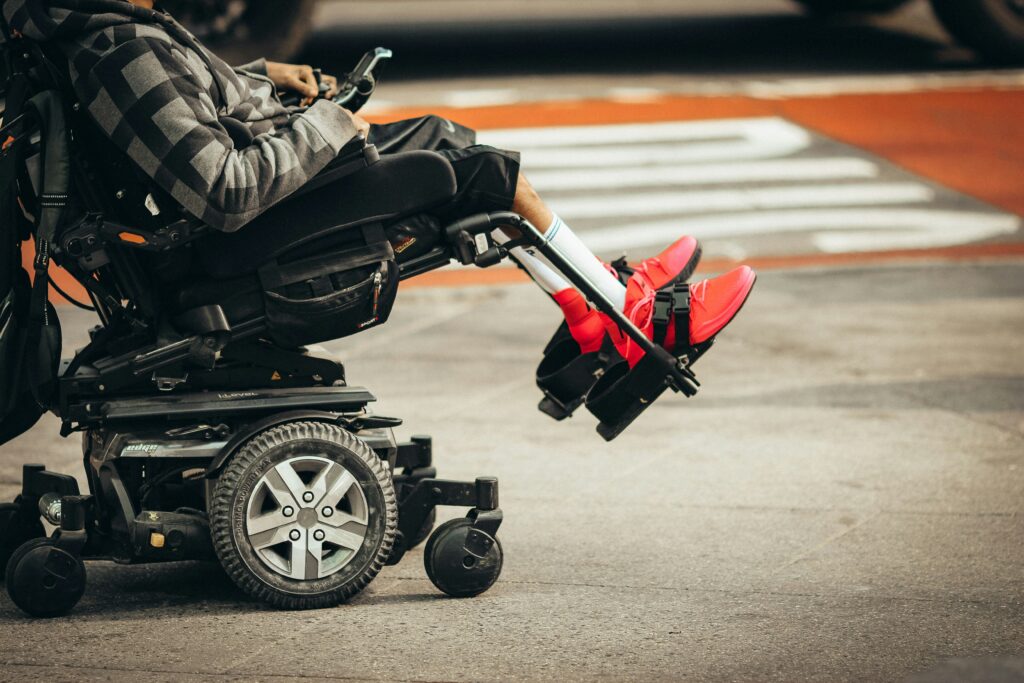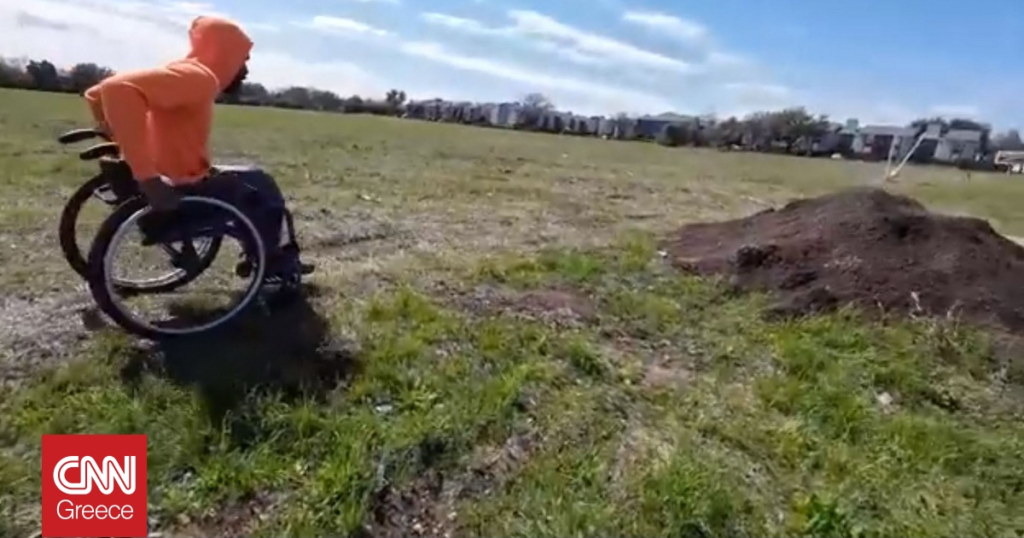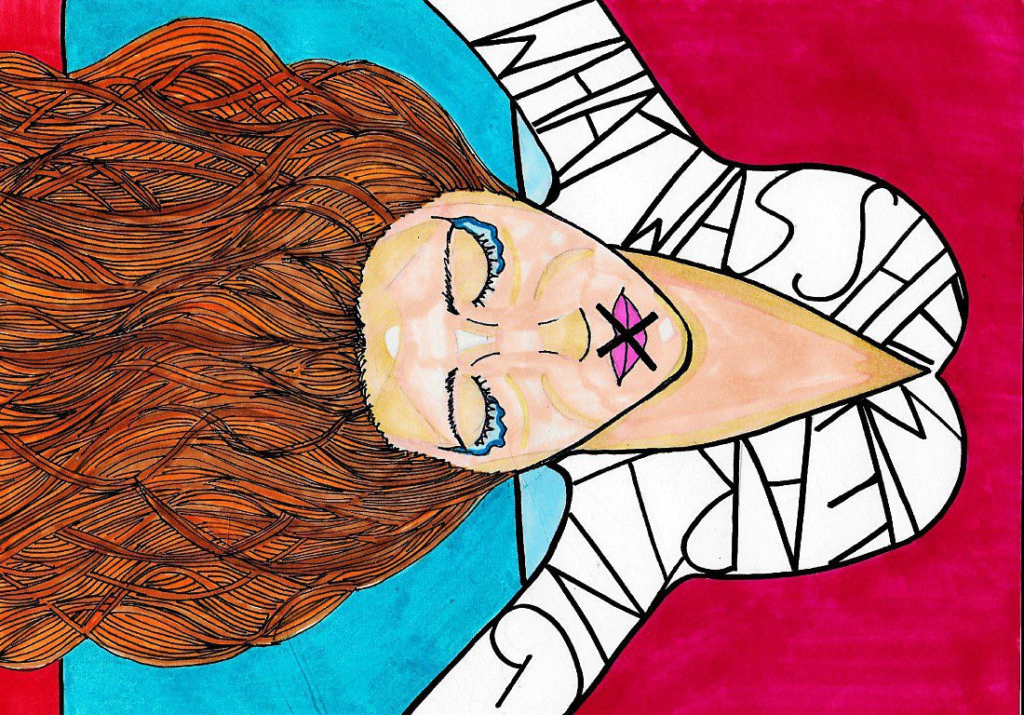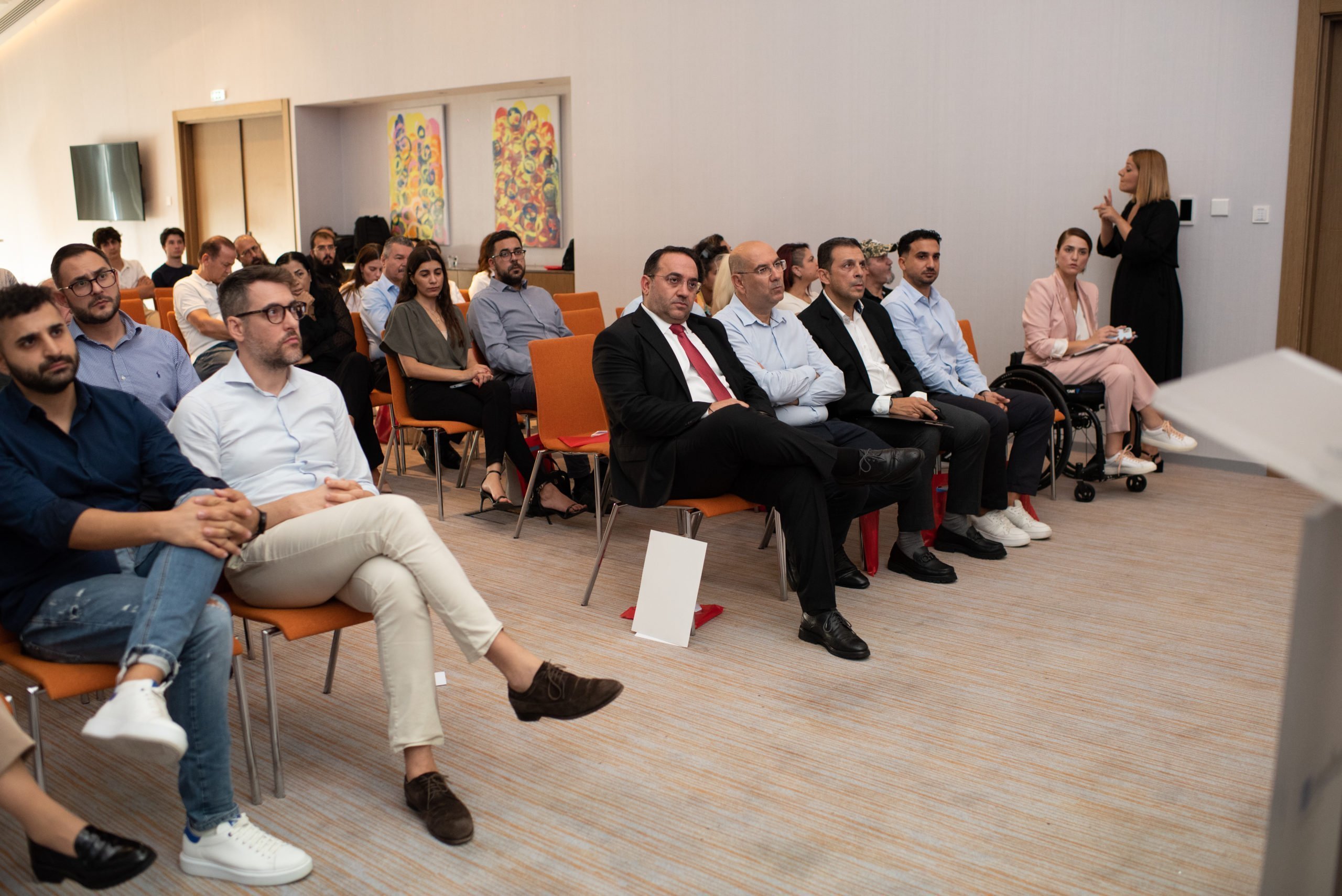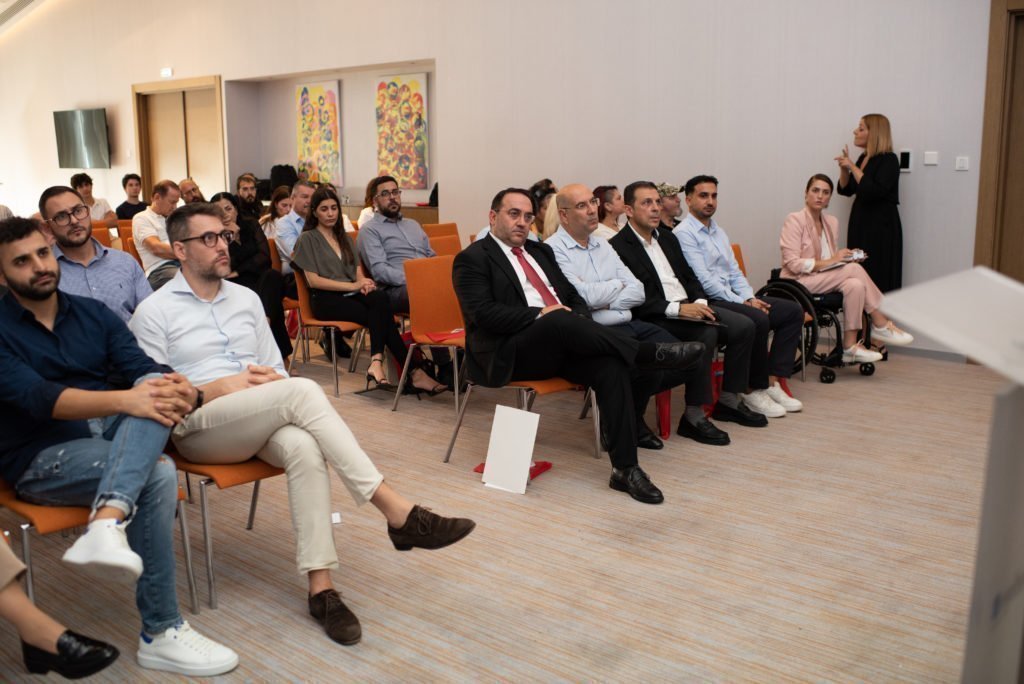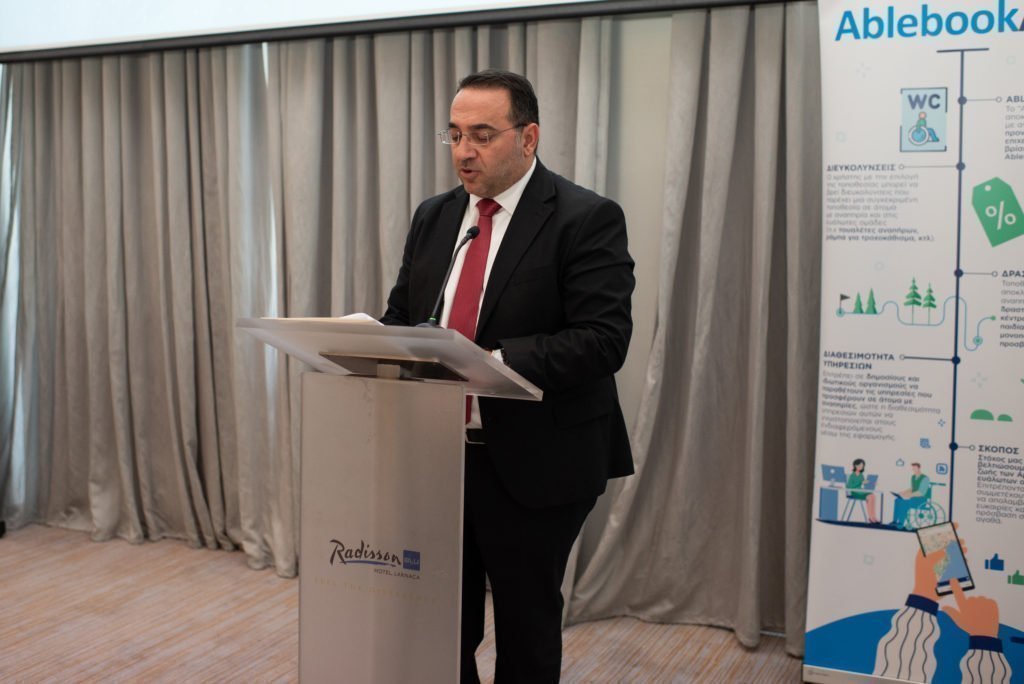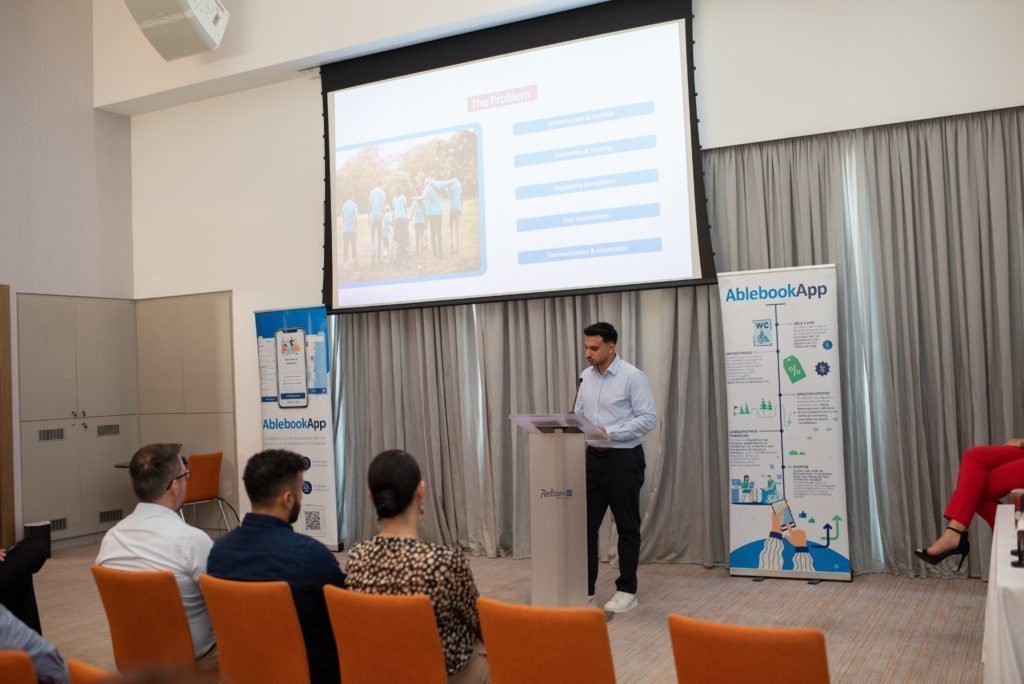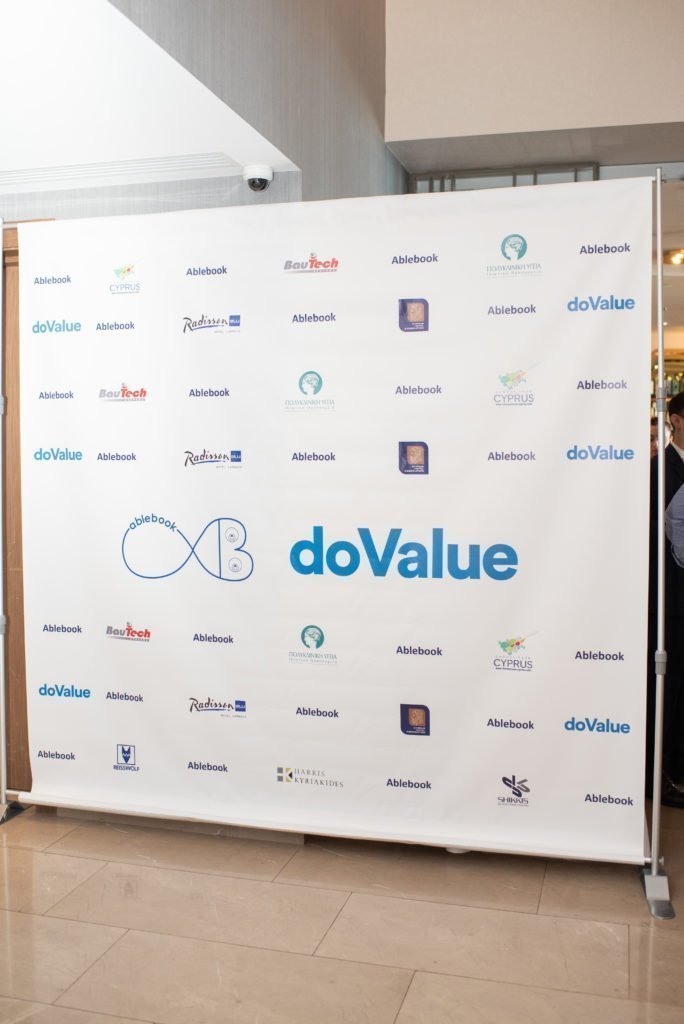

The role of the gut appears significant in the emergence of neurodevelopmental disorders in children, according to recent study data published in Cell. Specifically, disrupted gut flora in the early years of life is linked to diagnoses such as autism spectrum disorder (ASD) and Attention Deficit Hyperactivity Disorder (ADHD) later in life, as revealed by the study led by researchers from the University of Florida and Linköping University.
This study is the first prospective study examining the composition of gut flora and a wide range of other factors in infants in relation to children’s neurological system development. Researchers identified many biological markers that appear to be related to future neurodevelopmental disorders such as autism spectrum disorder, ADHD, communication disorder, and intellectual disability.
“The remarkable aspect of the work is that these biomarkers were found at birth in umbilical cord blood or in the child’s feces at the age of one, over a decade before the diagnosis,” said Dr. Eric W Triplett, professor in the Department of Microbiology and Cell Science at the University of Florida in the United States, one of the study’s researchers.
The role of antibiotics
Autism: Turning the focus to parents with spectrum children – A psychologist explains
For the study, more than 16,000 children born between 1997 and 1999 were followed from birth to 20 years of age. Of these, 1,197 children, accounting for 7.3%, were diagnosed with autism spectrum disorder, ADHD, communication disorder, or intellectual disability.
A large number of lifestyle and environmental factors were identified through repeated surveys conducted during the children’s upbringing. For some of the children, researchers analyzed substances in umbilical cord blood and bacteria in their feces at just one year of age.
“We found in the study that there are clear differences in gut flora as early as the first year of life between those who develop ASD or ADHD and those who do not. We found correlations with some factors affecting gut bacteria, such as antibiotic treatment in the child’s first year, which is associated with an increased risk of these diseases,” explained Dr. Ludvigsson, senior professor at the Department of Biomedical and Clinical Sciences at Linköping University, who led the study together with Dr. Triplett.
Children who had recurrent ear infections in their first year of life were at an increased risk of being diagnosed with a developmental neurological disorder later in life. It may not be the infection itself that is the culprit, but researchers speculate that there is a correlation with antibiotic treatment. As they found, the presence of Citrobacter bacteria or absence of Coprococcus bacteria increased the risk of future diagnosis.
A possible explanation is that antibiotic treatment may disrupt the composition of the gut flora in a way that contributes to neurodevelopmental disorders. This risk may increase the likelihood of diseases associated with the immune system, such as type 1 diabetes and pediatric rheumatism, as shown in previous studies.
Other environmental factors
The present study also confirms that the risk of developmental neurological diagnosis in children increases if parents smoke. Conversely, breastfeeding has a protective effect, according to the study. Specifically, from umbilical cord blood samples for the detection of various substances from metabolism, such as fatty acids and amino acids, it was found that children who were later diagnosed had low levels of several important fatty substances in the blood. One of these, linolenic acid, necessary for the formation of omega-3 fatty acids and with positive effects on the brain.
Although the research is in its early stages and involves only a portion of children, and more studies are needed, the discovery that many biomarkers for future neurodevelopmental disorders can be observed at a young age opens up the possibility of implementing long-term preventive measures.




